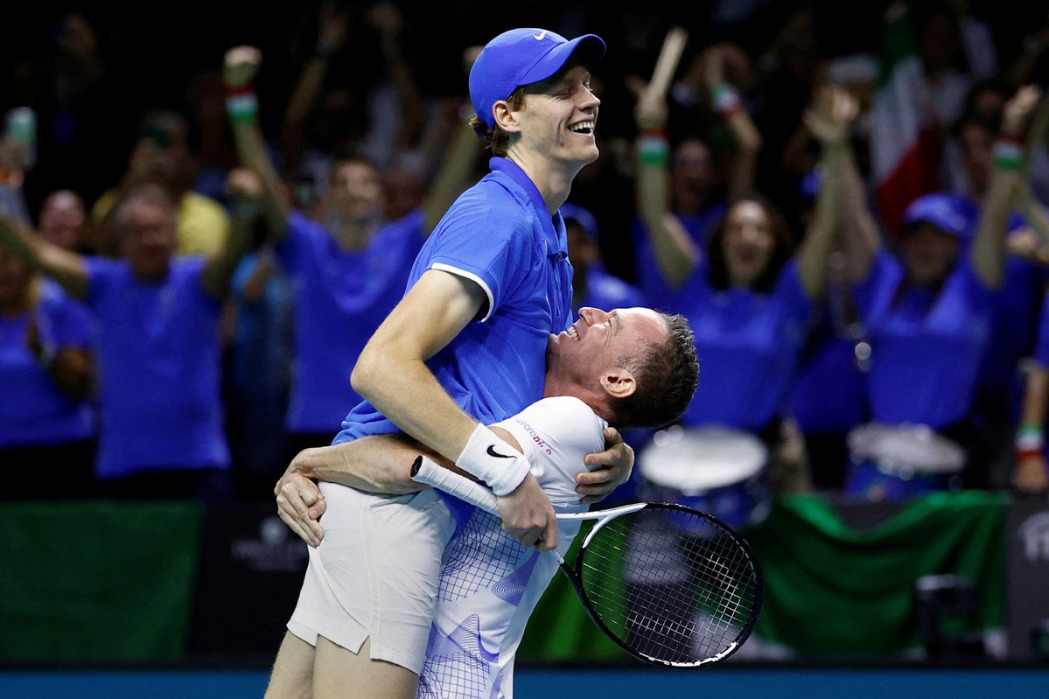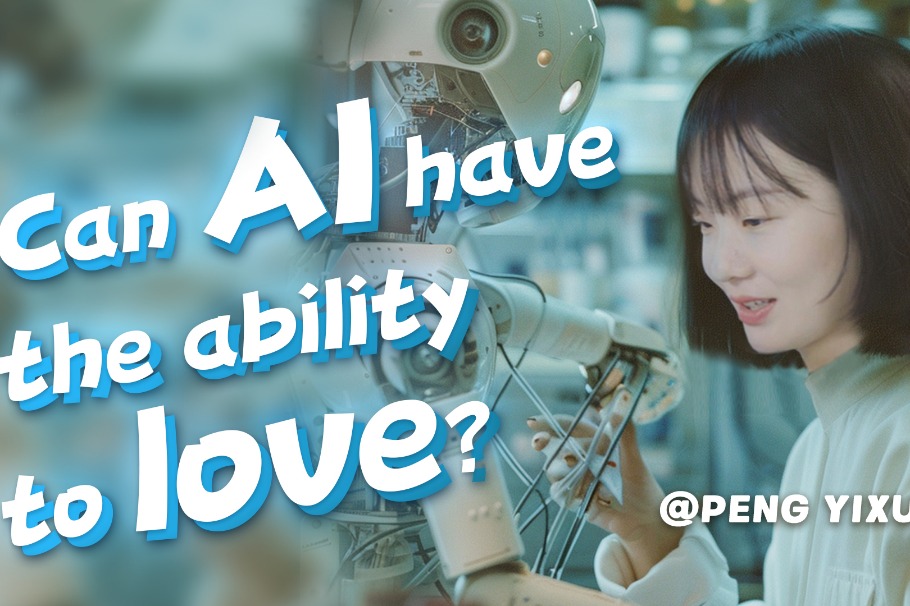Experts target social trend romanticizing mental illness
Updated: 2024-11-26 11:00
For 21-year-old Aisha, mental health is a raw, lived experience, etched deeply into her family's story, with her father battling severe obsessive-compulsive disorder (OCD), mania and bipolar disorder for more than 40 years.
When Aisha's father first showed symptoms, mental health facilities were nonexistent in their village and those suffering from these illnesses were treated like outcasts. Aisha's grandmother told her how villagers would chain him at home.
So Aisha would become angry when she heard her classmates in college casually say things like, "I'm so OCD about my room" or "This assignment is making me depressed".
For Aisha, those were not just casual words — they were the very terms that had defined her father's battle for survival.
"It felt like my father's years of suffering were being invalidated," she said. "People don't understand that these terms are tied to real trauma. It's not something you throw around for everyday inconveniences."
She said that while many online posts about mental health may be "portrayed in a very aesthetic way, those actions may also be a cry for help for many". "Aestheticizing mental illness or just using those terms as synonymous to basic human feelings doesn't sit well with me."
As Aisha put it, mental health issues are not just discussed on various social media platforms — they are aestheticized. Depression, anxiety and OCD are being reduced to casual phrases and visually appealing posts.
While the world grapples with mental health issues, many platforms have created a subculture where suffering is portrayed as beautiful, depression as poetic and phrases like "I'm so depressed" or "I'm a little OCD" are thrown around without a second thought.
Experts warned this is not only trivializing mental illness but also creating a dangerously glamorized perception of serious conditions.
Research has indicated a growing trend among Generation Z members to casually tag on labels such as "depressed", "OCD" or "anxiety disorder", often without a clear understanding of their clinical implications.
Among these terms, anxiety and depression rank as the most frequently misused and self-diagnosed, according to the research.
Psychologist Srijana Mukhiya, a mental health professional with 15 years of experience, said that when people start casually labeling themselves as depressed or begin romanticizing mental illness, it dilutes the seriousness of those conditions.
"For those genuinely struggling with mental health, it invalidates their pain," she said. "They might think, 'Maybe I'm just sad like everyone else.' This can prevent them from seeking the treatment they need."
A study from the University of Balamand in Lebanon supported Mukhiya's claim, finding that the romanticization of conditions like depression and anxiety on social media platforms can encourage self-destructive behaviors, including self-harm, which are often portrayed as symbolic or artistic acts rather than cries for help.
The same happened with a 20-year-old student from Bhaktapur, Nepal. For the student, who The Kathmandu Post is identifying only with her initial N for privacy reasons, the aestheticization of mental illness on social media had far-reaching consequences.
Battling severe depression and anxiety for two years, N often found herself scrolling through social media posts online where profiles depicted melancholic images of fragile girls staring out windows, with poetic captions such as, "Broken but beautiful" and "My sadness is my art".
The profiles glamorized sadness, making it seem like suffering was not just normal but somehow admirable, N said. "At first, it felt comforting … It made me think that maybe my pain wasn't something to be afraid of — that it was part of who I was."
A 2022 qualitative analysis of videos on a major social media platform showed that young people often use aesthetic elements, such as music and imagery, to make mental illness seem more relatable or even attractive.
The study further found that content creators were rewarded with higher engagement rates for portraying their mental health struggles in a romanticized way.
N's behavior mirrors this, as she began embracing her depression as part of her identity, influenced by the images she viewed online. She started dressing in darker clothes, posting her melancholic pictures with captions like, "There's beauty in the breakdown".
"I should have sought help, but I thought that getting better would ruin the image I had built of myself," she said.
Her case is not isolated. Studies indicated that glamorizing mental health conditions can lead to what is known as "identity fusion", in which individuals internalize their struggles as a core part of who they are. This can make recovery more difficult as they fear losing a part of themselves.
"When suicides and self-harm tendencies are glorified on social media and in traditional media, it can create a 'copycat' syndrome among viewers," said psychiatrist Kedar Marahatta, a mental health expert with the World Health Organization in Nepal who has observed a rising trend in the romanticization of mental illness among youths.
Traditional media often adheres to guidelines when discussing mental health, while social media lacks such regulations. This results in a careless flow of information, in which incidents like youth suicides following breakups or familial rejection are sensationalized, according to experts.
"Linking reasons to suicide can lead vulnerable individuals to consider it as a viable option," Marahatta said. "Discussions surrounding these topics must be approached with caution."
Marahatta added that while social media has the potential to raise awareness, its unregulated nature has allowed the rise of harmful narratives.
"It's essential for individuals to critically evaluate the qualifications of those giving mental health advice online," psychologist Mukhiya said. "Given the difficulty of regulating content on these platforms, users should depend on credible sources from government and specialized institutions."
It is crucial for users to approach the content they engage with critically and for media platforms to follow established guidelines when addressing mental health topics, Mukhiya added.
Mental illness is not beautiful, poetic or fashionable, experts said, it is a condition that demands understanding, respect and above all, proper care.
"There's a fine line between raising awareness and glorifying illness," Marahatta said.
"We need to emphasize that mental health problems are serious conditions that require proper care — not artistic expressions to be admired."
THE KATHMANDU POST, NEPAL
























